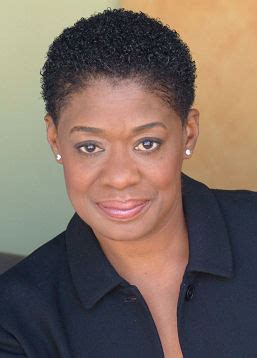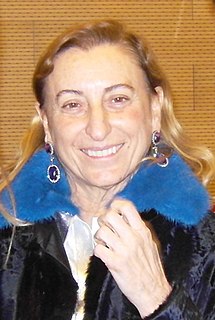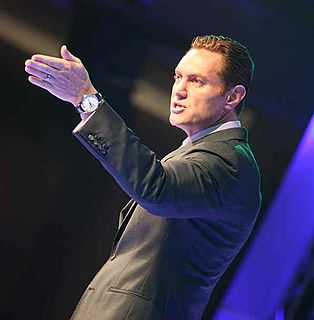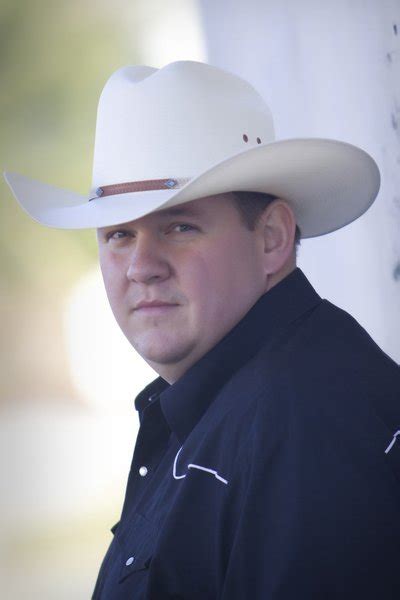A Quote by Barney Frank
Most people who are activists and are concerned about issues get their information from sources which reinforce their opinions and give them the facts that they want to hear.
Related Quotes
Don't give your opinions about Art and the Purpose of Life. They are of little interest and, anyway, you can't express them. Don't analyze yourself. Give the relevant facts and let your readers make their own judgments. Stick to your story. It is not the most important subject in history but it is one about which you are uniquely qualified to speak.
Most people think visual information is more important than aural information - like, what's this big deal about sound? And why should I bother to listen, rather than look? And here are the facts: there are blind species, in the backs of the caves, the bottoms of the oceans. It's not essential on planet Earth to be able to see, to be a species. But there are no deaf animal species. You have to be able to hear, or you won't get the information you need in order to survive.
The first thing we should be concerned about the BLM movement should be the issues that the Black Lives Matter movement is bringing forward. There's no fundamental platform being brought by activists in Oakland, Baltimore, or New Jersey. The main issues that you see, the commonality between activists all around the country, are trying to deal with the challenges in the criminal justice system, something that is very much central to my work. So my hope is that people stay focused on the urgency to create justice here at home.
Unsuccessful people think about what they don’t want most of the time. They talk about problems, listen to news & gossip, & spend their time blaming circumstances, situations & others. Successful people think about what they want & how they will get it. They are intensely focused on their goals & the information needed to help obtain them. Which person are YOU?
I always tell people, "There's a book on everyone." I get some of that book before I do anything. If I want to deeply understand someone's reputation, I'll talk to their friends, their former bosses, their peers, and I'll learn a lot about them. I want them to be trusted. I want them to be respected. I want them to give a s - -. Then there are the intangibles: physical and emotional stamina, the ability to confront issues. I can ask all I want about those things, but I also have to see a lot of it.


































